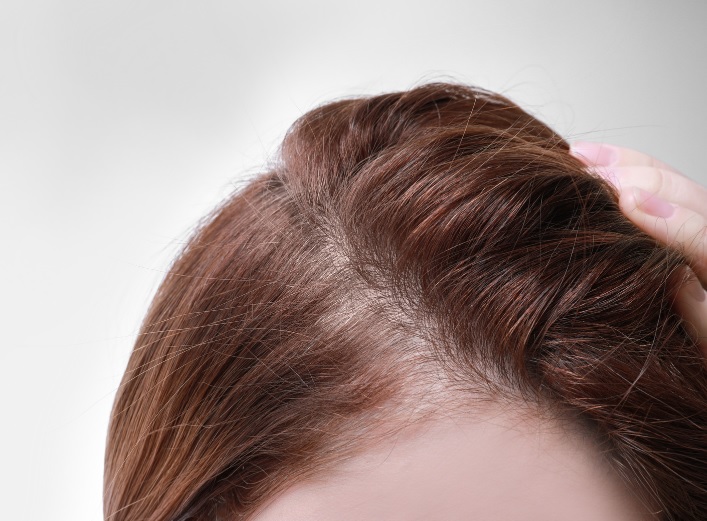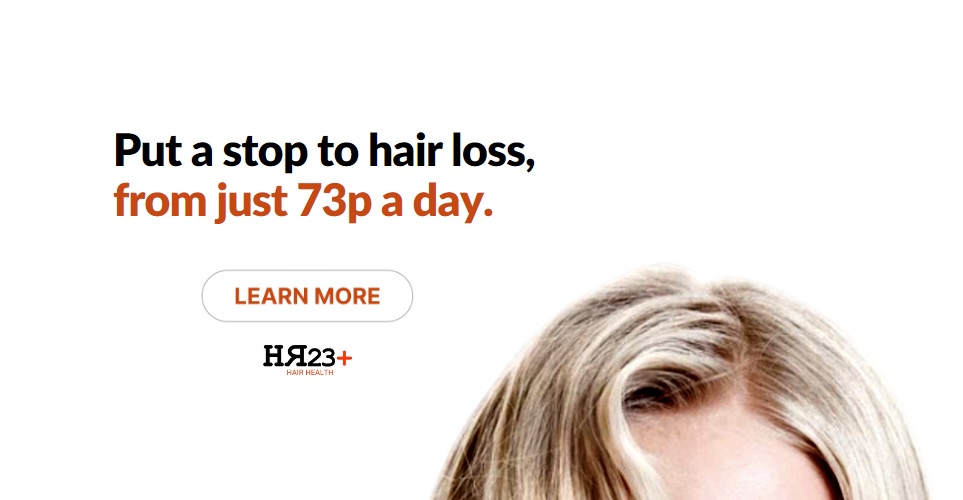
Here’s why you are losing more hair during winter season
Seasonal hair loss, commonly referred to as “winter hair shedding,” is a phenomenon that some people experience during the colder months.
It’s important to note that seasonal hair shedding is usually temporary, and the lost hair is typically replaced in the following months.
Winter can be challenging for hair health due to various environmental factors. Here are some reasons why winter can be detrimental to your hair:
- Dry Air: Cold air during winter tends to be drier, and indoor heating systems further contribute to low humidity levels. This dry environment can strip the hair of its natural moisture, leading to dry and brittle strands.
- Hot Showers: During winter, people often prefer hot showers to combat the cold. Unfortunately, hot water can strip the hair of its natural oils, making it more prone to dryness and breakage.
- Hats and Scarves: While necessary for staying warm, hats and scarves can cause friction and static electricity, leading to tangles, breakage, and split ends.
- Static Electricity: The dry winter air promotes the build-up of static electricity in the hair. This can make the hair more prone to frizz and tangles.
- Lack of Sun Exposure: The reduced sunlight during winter means less exposure to ultraviolet (UV) rays. While excessive sun exposure is harmful, a moderate amount helps stimulate the production of vitamin D, which is beneficial for hair health.
- Reduced Blood Circulation: Cold weather can constrict blood vessels, potentially reducing blood circulation to the scalp. Good blood circulation is essential for delivering nutrients to the hair follicles and maintaining overall hair health.
- Excessive Use of Heat Styling Tools: In an effort to combat the cold and achieve a polished look, people may use heat styling tools more frequently during winter. Excessive heat can damage the hair cuticle, leading to dryness and breakage.
- Overwashing: Some individuals tend to wash their hair more frequently in winter due to concerns about hygiene or exposure to cold and damp conditions. Overwashing can strip the hair of its natural oils, leading to dryness and an unhealthy scalp.
- Lack of Hydration: Cold weather can reduce our inclination to drink enough water. Dehydration can affect the overall health of hair, making it more susceptible to dryness and brittleness.
To counteract these negative effects, it’s essential to maintain a consistent hair care routine, including deep conditioning treatments, protective hairstyles, and using products designed to add moisture to the hair.
Additionally, staying hydrated, adopting a healthy diet, and minimizing heat styling can contribute to maintaining vibrant and healthy hair during the winter months.
Treatment options for winter hair loss
Hair loss during the winter season can be attributed to various factors such as dry and cold air, lack of sunlight, changes in diet, and the use of heating systems that can contribute to scalp dryness. Here are some treatments and tips to help address hair loss during the winter season:
- Moisturize Your Scalp:
- Use a mild, hydrating shampoo and conditioner to keep your scalp moisturized.
- Consider using a moisturizing hair mask once a week to nourish your hair and scalp.
- Avoid Hot Water:
- Wash your hair with lukewarm water instead of hot water, as hot water can strip away natural oils and contribute to dryness.
- Stay Hydrated:
- Drink plenty of water to keep your body and hair hydrated. Dehydration can affect the health of your hair.
- Humidify Your Environment:
- Use a humidifier in your living spaces to combat the dry indoor air, which can help prevent your scalp and hair from drying out.
- Protect Your Hair:
- Wear hats or scarves to protect your hair from harsh winter winds, cold temperatures, and dry air.
- Avoid Heat Styling:
- Minimize the use of heated styling tools, such as hairdryers and straighteners, as they can contribute to dryness and damage.
- Healthy Diet:
- Ensure your diet includes a variety of nutrients such as vitamins A, E, and D, as well as omega-3 fatty acids, which are essential for healthy hair. Consider including foods like fish, nuts, seeds, and leafy greens in your diet.
- Scalp Massage:
- Gently massage your scalp to stimulate blood circulation, which can promote hair growth. You can use a few drops of nourishing oil, such as coconut or jojoba oil, during the massage.
- Vitamin Supplements:
- Consult with a healthcare professional about taking supplements that may help support healthy hair growth, such as biotin, vitamin D, and omega-3 fatty acids.
- Consult a Professional:
- If your hair loss persists or worsens, it’s advisable to consult a dermatologist or a healthcare professional to identify any underlying issues and receive personalized advice and treatment options.
Remember that individual responses to treatments may vary, and it’s important to address the specific causes of your hair loss. If you have concerns about hair loss, seeking professional advice is crucial for an accurate diagnosis and appropriate treatment.


Leave a Reply